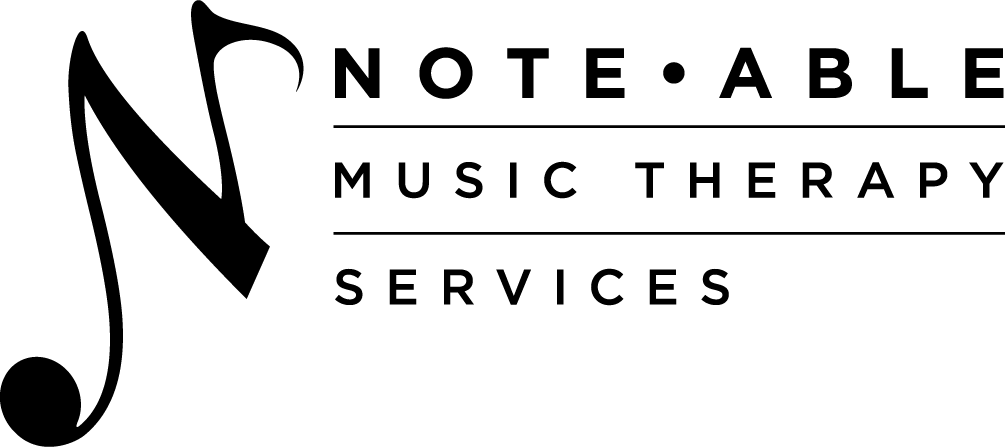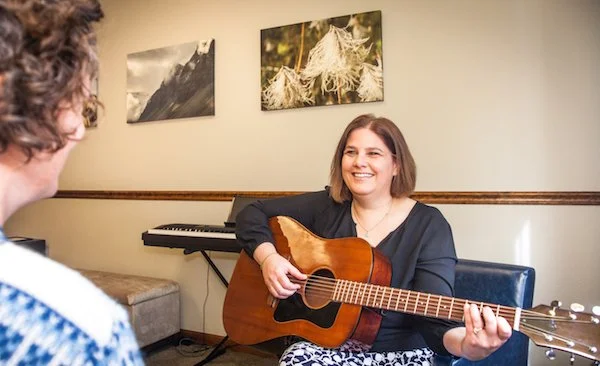Neurologic Music Therapy
Neurologic music therapy provides opportunities for:
Improving gait (velocity, stride, length, and cadence)
Decreasing risk of falls
Regaining language and vocal fluency
Improving speech intelligibility and breath capacity
Increased attention and focus
Retraining visual neglect
increasing memory recall
Neurologic Music Therapists work with people with:
Stroke
Traumatic brain injury
Parkinson’s
Cerebral palsy
Alzheimer’s
Dementia
Autism
Neurologic Music Therapy (NMT) helps people with neurologic impairments improve speech, language, cognitive ability, and sensorimotor function. Music activates different areas of the brain that can help with rehabilitation. Rhythm, for example, is closely tied to motor function, and for those with gait challenges, hearing a steady rhythm can dramatically improve gait. For those who have expressive aphasia, or difficulty producing speech, language can be recovered through singing phrases while tapping a steady rhythm. This technique is called “melodic intonation therapy.” For more examples of the benefits of neurologic music therapy, please visit the MedRhythms website and view their patient profile video stories.
Research
NMT techniques are based on research of how music can be used to impact nonmusical brain function. Neurologic music therapists are trained to use music to regain brain functions that have been lost or impacted by neurologic disease.
American Parkinson’s Disease Association
American Parkinson’s Disease Association Resource Page
“Music therapy has proven to be particularly effective for people with Parkinson’s disease. Research in both music therapy and in neuroscience has shown that music can affect function in profound ways. In fact, some neuroscience studies have shown that certain types of music stimulate the production of dopamine and serotonin — two neurotransmitters (chemicals produced by brain cells) that are diminished in PD patients.”


